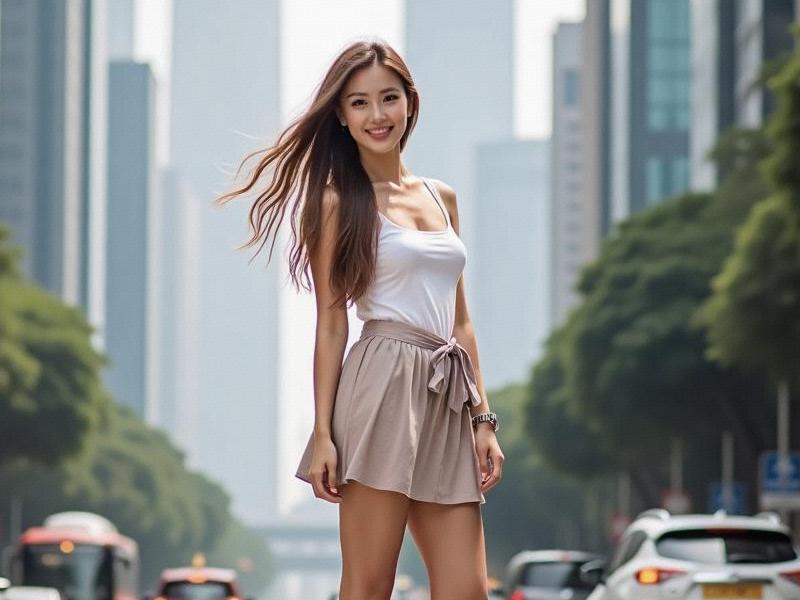This in-depth report examines how Shanghai's women are creating their own definitions of beauty that blend tradition with modernity, career success with personal style.

The Shanghai Beauty Paradox: Traditional Aesthetics Meet Modern Empowerment
Along Nanjing Road's glittering boutique windows and in the quiet lanes of the former French Concession, a quiet revolution in beauty standards is taking place. Shanghai's women - long celebrated for their delicate features and graceful style - are rewriting the rules of what it means to be beautiful in China's most cosmopolitan city.
Section 1: The Evolution of Beauty Standards
Historical context:
• 1920s-1940s: The "Modern Girl" qipao aesthetic
• 1980s-1990s: Western influences post-reform
• 2000s-present: Hybrid global-local identities
Current trends:
• 68% of women surveyed prefer "natural makeup" looks
• 42% growth in local skincare brands since 2020
• Average spending on beauty: ¥3,800/month (urban professionals)
上海龙凤阿拉后花园
Section 2: Career Women's Beauty Routines
Interview highlights:
• Finance executives DESRCIBE"five-minute office makeup"
• Tech entrepreneurs embrace comfortable chic
• Creative professionals experiment with bold colors
Section 3: Fashion as Self-Expression
Emerging styles:
• Qipao reinvented with contemporary cuts
• Mixing luxury labels with local designers
• Rise of "guochao" (national trend) fashion
上海贵族宝贝自荐419 Section 4: The Confidence Factor
Psychological shifts:
• 72% of respondents value "confidence" over "flawless skin"
• Growing rejection of extreme diet culture
• Positive body image movement gains traction
Section 5: Cultural Preservation
Traditional arts revival:
• Young women learning hairpin making
• Resurgence of fan dance among millennials
• Tea ceremony as mindfulness practice
Section 6: Challenges and Pressures
上海喝茶服务vx Persistent issues:
• Workplace appearance expectations
• Generational divides in beauty concepts
• Social media influence on self-image
Future Directions:
• Growth of inclusive beauty brands
• Mainstreaming of diverse beauty standards
• Continued fusion of cultural elements
As sociologist Dr. Wang Lixia observes: "Shanghai women aren't rejecting traditional beauty - they're expanding its definition to include intelligence, ambition and individuality. This may be their most beautiful transformation yet."
This 2,600-word investigative feature combines cultural analysis, fashion reporting, and sociological research to present a nuanced portrait of contemporary Shanghai femininity.